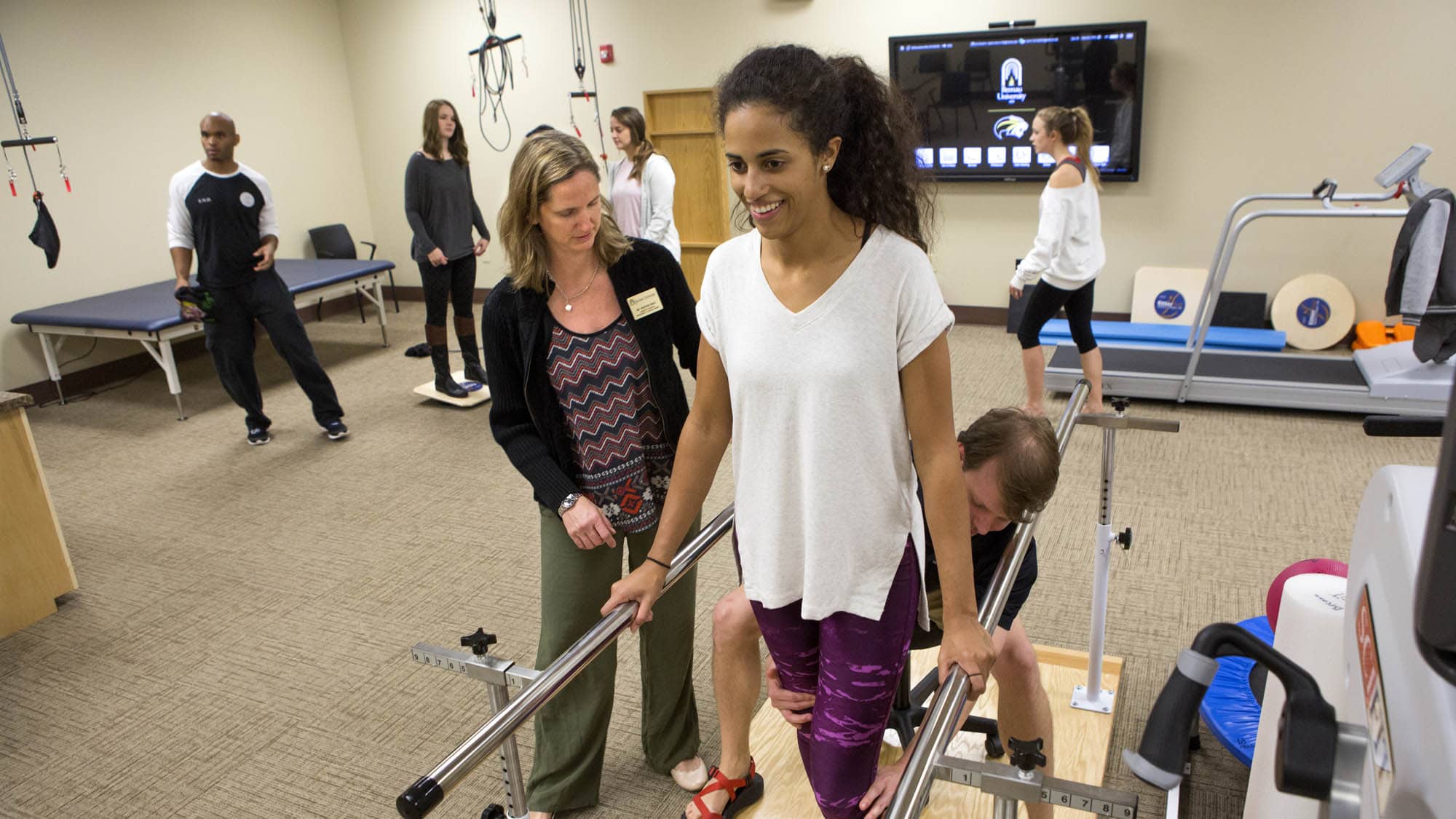Empowering Recovery Via Physical Therapy Post Surgery
Empowering Recovery Via Physical Therapy Post Surgery
Blog Article
Recovering from an operation can be a challenging journey, but rehabilitation therapy plays a crucial role in assisting individuals recover their strength and mobility. After the procedure, the body needs time to recover, and rehabilitation provides a structured approach to healing. This process not only centers on bodily rehabilitation but also highlights the importance of emotional well-being. By engaging in rehabilitation, patients can empower themselves to take control of their healing and improve their overall standard of life.
Rehabilitation after an operation typically starts with an evaluation by a licensed physical therapist. This expert assesses the patient's status, including their scope of movement, power, and discomfort levels. Based on this evaluation, a customized treatment plan is developed. This plan may consist of workouts to enhance flexibility, muscle-building to restore muscle, and techniques to improve balance and coordination. The therapist will lead the patient through these exercises, ensuring they are performed safely and effectively. This customized approach helps patients advance at their own speed while meeting their specific requirements.
One of the key benefits of physical therapy is pain management. After surgery, many patients experience discomfort or pain, which can hinder their ability to move and engage in daily tasks. Physical therapists use different methods, such as manual therapy, modalities like heat or ice, and targeted workouts, to help reduce pain. By controlling pain efficiently, patients can engage more fully in their more tips here rehabilitation exercises, leading to faster recovery. Additionally, understanding how to control pain can enable patients to assume an active role in their healing process.
Another important aspect of physical therapy is education. Patients are informed about their status, the recovery process, and the importance of adhering to their recovery program. This understanding helps patients comprehend what to expect during recovery and the role they play in their own recovery. Physical therapists also provide guidance on how to adjust daily tasks to prevent further injury and encourage healing. This informative component fosters a sense of independence and confidence, allowing patients to feel more empowered of their healing journey.
In conclusion, physical therapy is an integral component of healing after an operation. It not only assists in bodily rehabilitation but also promotes emotional and psychological well-being. Through personalized treatment plans, pain management methods, and informative support, physical therapy empowers patients to manage of their healing. By actively participating in their recovery, individuals can recover their power, enhance their mobility, and enhance their overall standard of life. Embracing physical therapy after an operation can lead to a successful and rewarding healing experience.